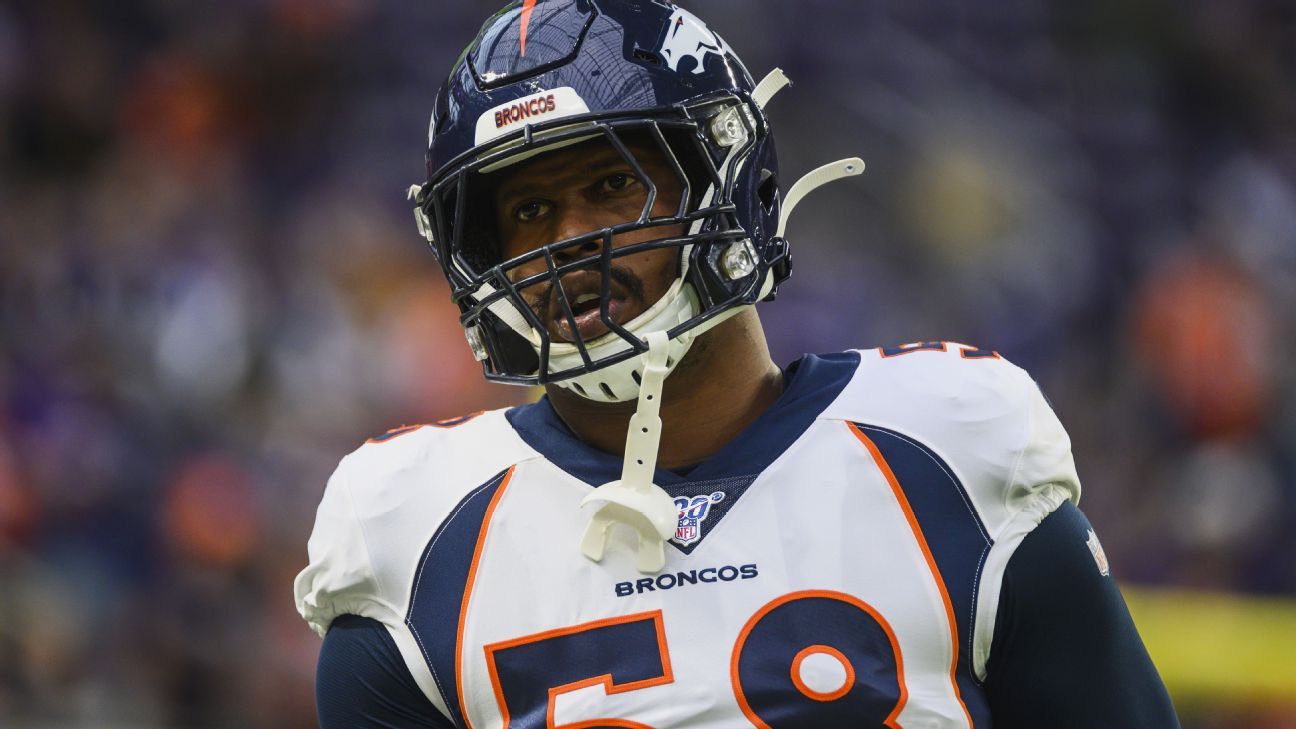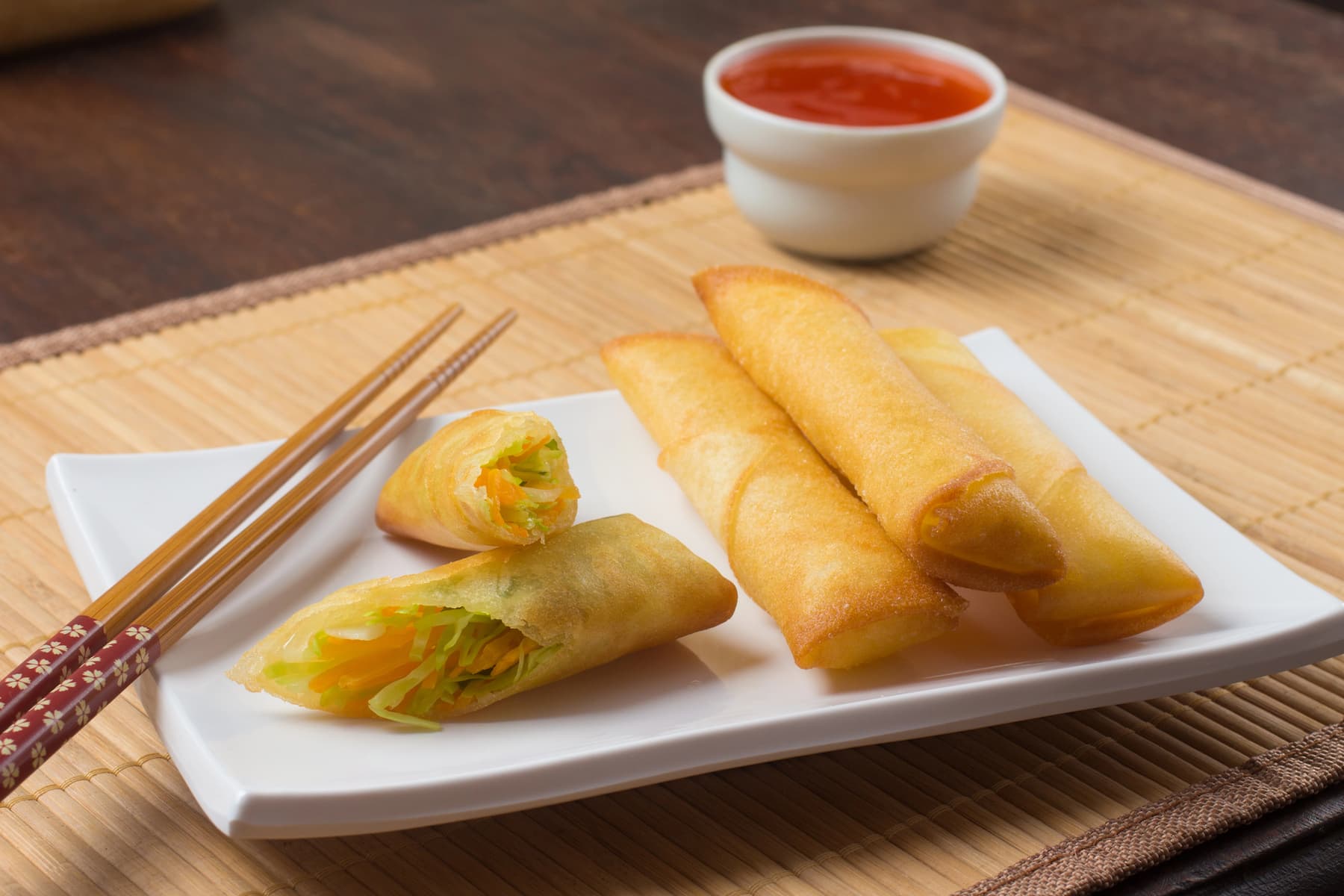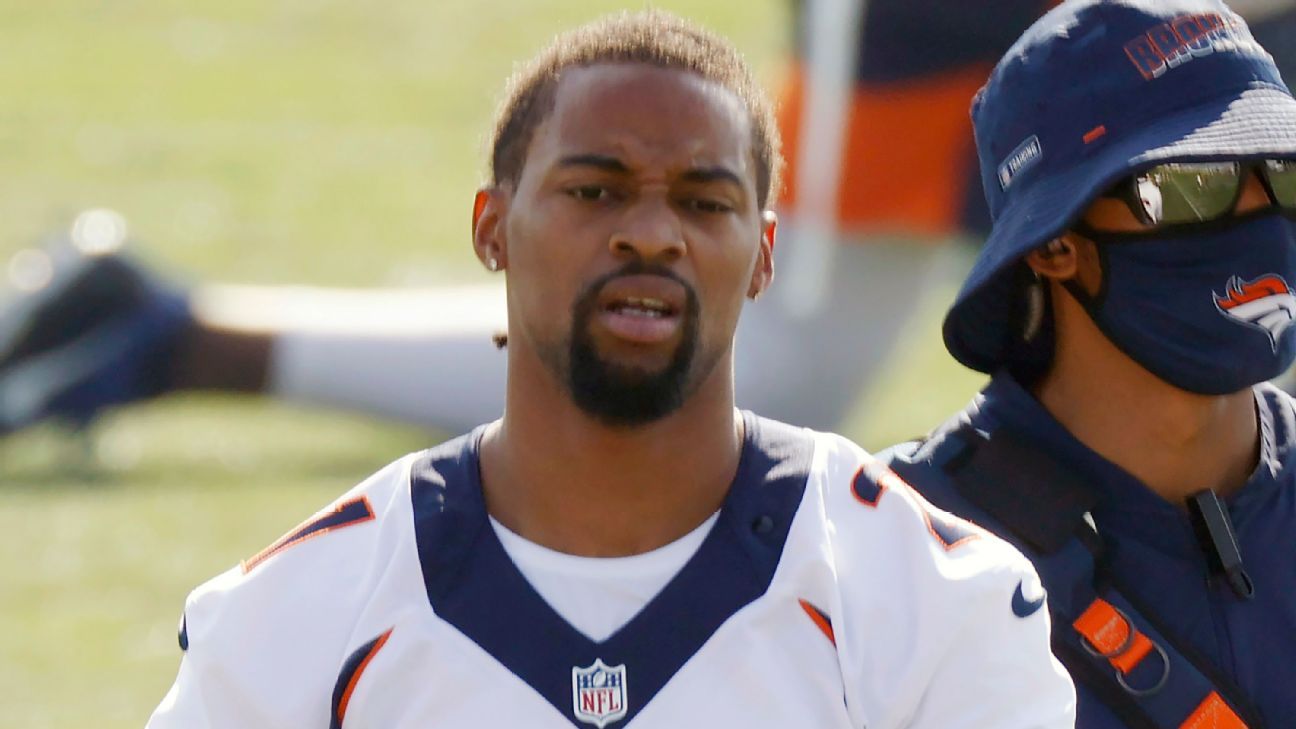5 college friends solved the 'simplest' problem to build a $400 million food delivery company: 'It was: Give me a sandwich'
Shawn Tsao almost became an architect. Instead, he's a co-founder of food delivery company Caviar, which sold to DoorDash in 2019 for $410 million.
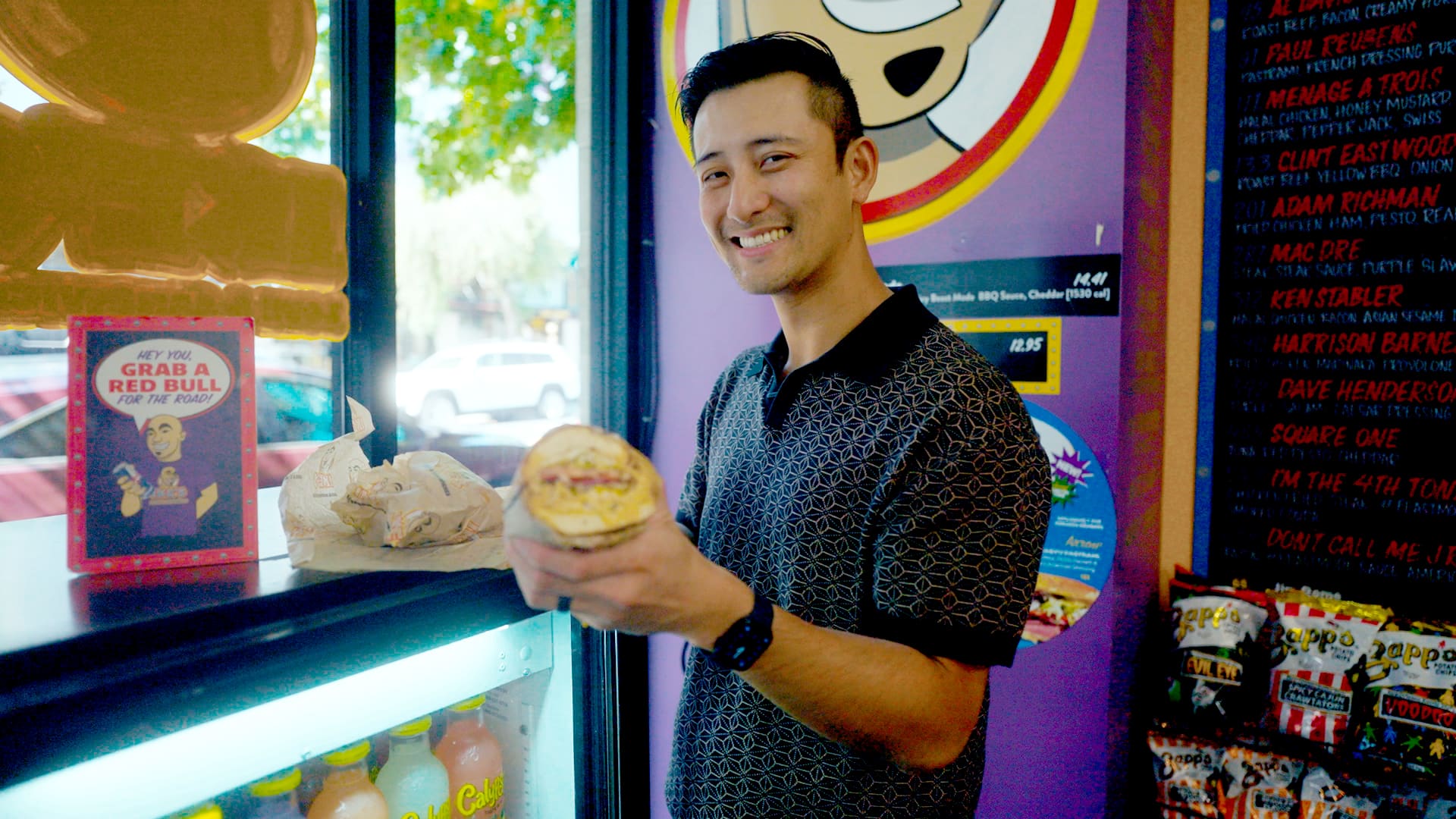
If not for his fraternity brothers, Shawn Tsao would probably be an architect today. Instead, he's a co-founder of a $400 million food delivery company.
Tsao launched the company, Caviar, with four of his best friends from the University of California, Berkeley in 2012. They convinced some San Francisco restaurants to commit to online delivery, and spread to seven major U.S. cities before selling Caviar to Jack Dorsey's payments platform Square — now known as Block — in a 2014 all-stock deal that valued their company at more than $100 million, Tsao says.
Five years later, Square sold Caviar to rival delivery service DoorDash for $410 million.
"A lot of the best companies solve the simplest of problems," Tsao, 34, tells CNBC Make It. "For us, it was: 'Give me a sandwich.'"
Their path was anything but straightforward. Caviar nearly never existed at all: The co-founders' first idea was a daily deals app similar to Groupon, but for food. When it fell completely flat, Tsao and his friends thought long and hard about folding up shop and going their separate ways.
Their futures hinged on a fateful meetup at a University of California, Berkeley campus pub at the end of 2011, where they had a difficult discussion: Would they stick it out together and try a new idea or go their separate ways and look for jobs?
"After a couple of beers, we decided we were going to continue this startup journey and come up with something new," Tsao says.
Here's how Caviar was born from that tough decision.
From 'Groupon for food' to 'Uber for food'
Tsao majored in architecture and sustainable design at Berkeley. He aspired to start his own design firm and "become the next Frank Lloyd Wright or Frank Gehry," he says.
He even had a job at an architecture firm lined up ahead of his 2011 college graduation, he says. But the idea of working side-by-side with four of his best friends — Caviar co-founders Abel Lin, Andy Zhang, Richard Din and Jason Wang, the latter of whom would serve as CEO until 2016 — proved more alluring.
Their Groupon-like startup, Munch on Me, earned a slot at startup accelerator Y Combinator, leading to $180,000 in investment money. Then, Groupon started posting losses and saw its market value drop 80%. Investors became wary of backing a startup billed as "Groupon for food."
"It was all the signs of a failing company," Tsao says. "We came to the realization that we had $10 in the bank."
Shawn Tsao, a co-founder of food delivery app Caviar, was craving food from his favorite sandwich spot across town when he and his four friends came up with the idea for the company.
CNBC Make It
Tsao's mother strongly urged him to go back to school and get an MBA, rather than try to revive the startup. The co-founders didn't want to delay getting jobs if they didn't have another idea that could legitimately take off.
So, after selling Munch on Me's data for "barely anything" to another startup, CollegeBudget, they gave themselves six months to figure out a new direction, says Tsao.
While scribbling concepts on a whiteboard, Tsao got "really hungry" and wished he could get his favorite sandwich from Ike's Place, a restaurant across town, without leaving his neighborhood.
"I was like, 'OK, we can do this,'" Tsao says. Building "Groupon for food" didn't work, "so we were like, 'Let's be the Uber for food.'"
'We just blew up'
At the time, most of today's food delivery apps didn't exist yet. GrubHub and Seamless had been around for roughly a decade. Postmates launched the same year as Caviar. DoorDash started a year later, and Uber Eats — the literal "Uber for food" — arrived in 2014.
Caviar's model was somewhat specialized: The service focused on curating a list of top-notch, desirable restaurants that didn't offer delivery. Caviar provided its own fleet of delivery drivers to pick up food and drop it off with customers.
Tsao's role as "operations lead" primarily involved building partnerships with popular restaurants, he says.
"We realized that if we sign [the] best burger or best taco in the neighborhood, all of a sudden everyone's talking about us in an indirect way," says Tsao. "They would say, 'Hey, Little Star Pizza does delivery now.' And they would go to their website that would backlink to us."
One of the biggest benefits of indirect buzz: spending next-to-nothing on marketing. "[It] was super-cheap because all the marketing work was actually done by the restaurants themselves," Tsao says, adding: "We just blew up."
As the company accrued more funding — from investors such as the Winklevoss twins, Andreessen Horowitz and Tiger Global Management — other tech companies took notice. While Wang and Tsao were on a scouting trip to Miami, Square called them with a "nine-figure [acquisition] offer," Tsao says.
They immediately called their other co-founders.
"After some discussion over the phone, I think we all said, 'Yeah, OK, let's do it. Let's see where this takes us,'" Tsao says. He and Wang headed to a nightclub to celebrate the deal, which included a $2 million cash sign-on bonus split between the founders.
'The best direction for the company'
The decision wasn't as easy as it might sound.
The co-founders weighed the possibility of building Caviar to a higher valuation than Square's offer. Instead, by getting stock in the combined company, they essentially bet that Square's ownership could take Caviar to higher heights, more quickly than they could on their own.
"One of the promises that Square told us was that they were going to bring 20 of their best engineers over to the Caviar team on Day 1," Tsao says. The offer "was hard to turn down, because we knew that would be the best direction for the company."
Five college friends founded Caviar in 2012, at a time when GrubHub and Seamless were the only major online food delivery businesses.
CNBC Make It
Under Square, and with Wang remaining CEO for two years after the deal, Caviar tripled its order volume and doubled its employee headcount, the co-founders said in a 2021 interview. It launched in another eight cities within six months of the acquisition.
The Caviar co-founders haven't disclosed how much money they made from the company's sales. They collectively owned more than 50% of the company when they sold it to Square, and weren't involved at all in the sale to DoorDash, Tsao says.
In the years since, Tsao has used his Caviar money to become a food and tech industry angel investor. He and Wang invested in regional franchises for national food chains like The Halal Guys and Bonchon Chicken, and in 2017, they started opening a string of Thai chicken restaurants in San Francisco.
Yet even after reaping rewards from a lucrative startup exit and building an investment portfolio, Tsao says his mom still has some doubts about his career path: "She still tells me I should go get an MBA."
DON'T MISS: Want to be smarter and more successful with your money, work & life? Sign up for our new newsletter!
Want to earn more and land your dream job? Join the free CNBC Make It: Your Money virtual event on Oct. 17 at 1 p.m. ET to learn how to level up your interview and negotiating skills, build your ideal career, boost your income and grow your wealth. Register for free today.
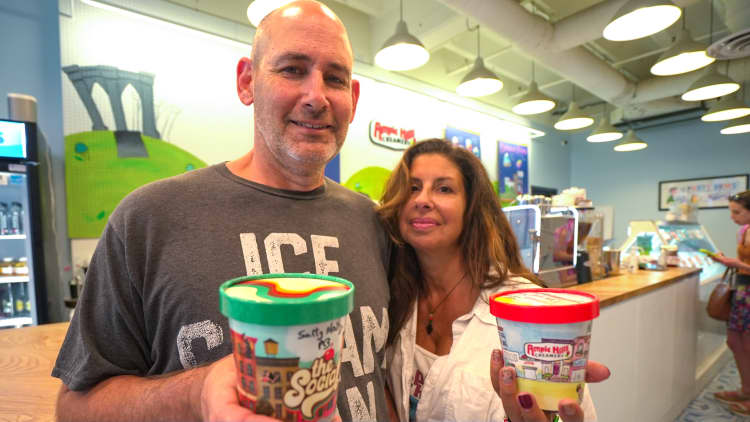

 JaneWalter
JaneWalter 








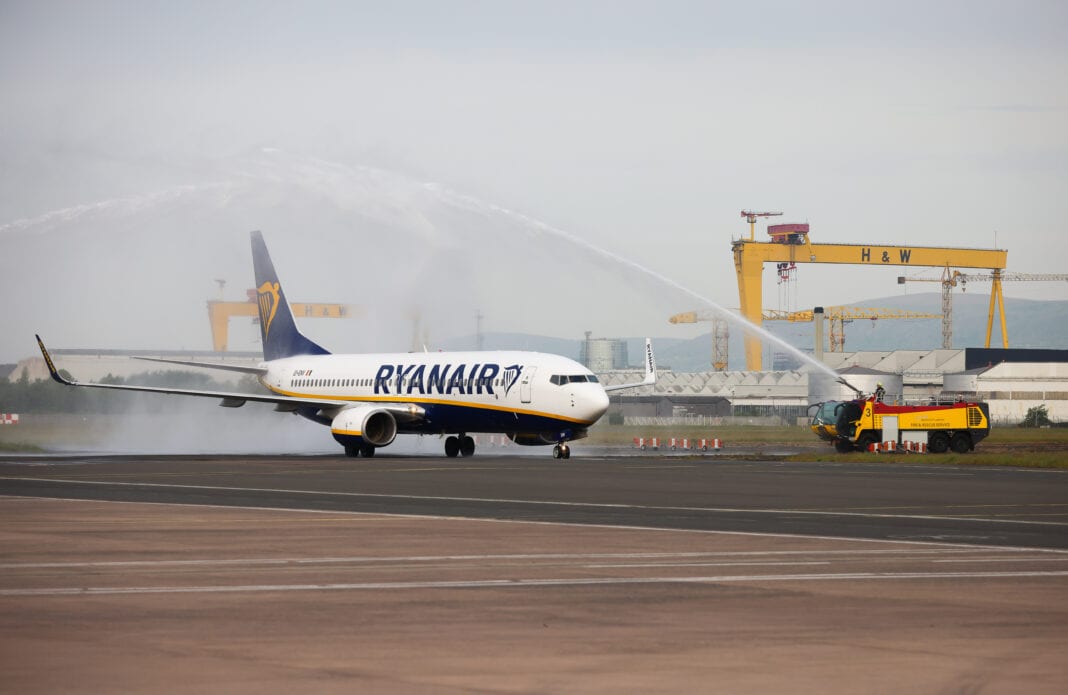
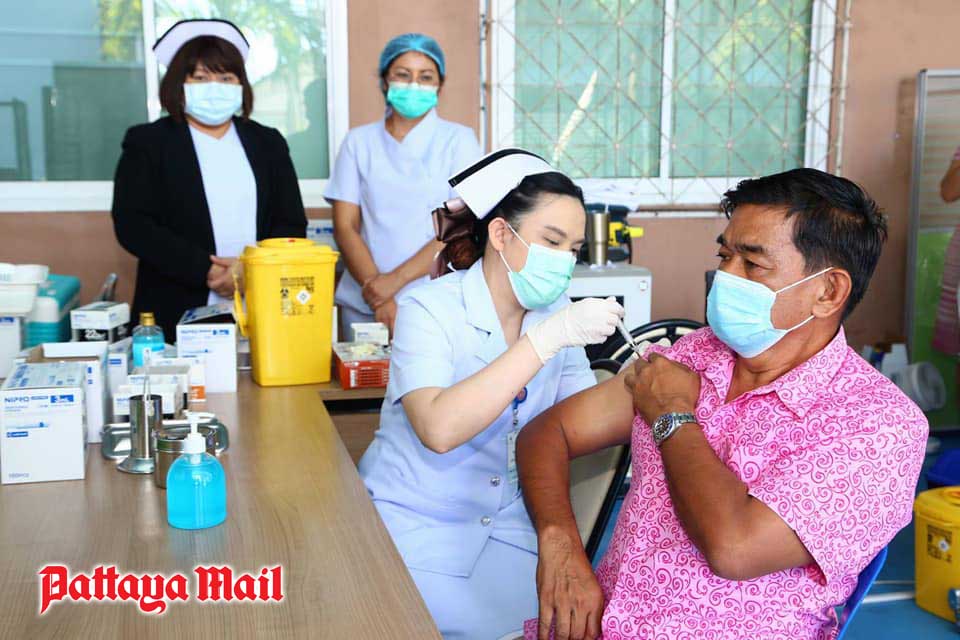
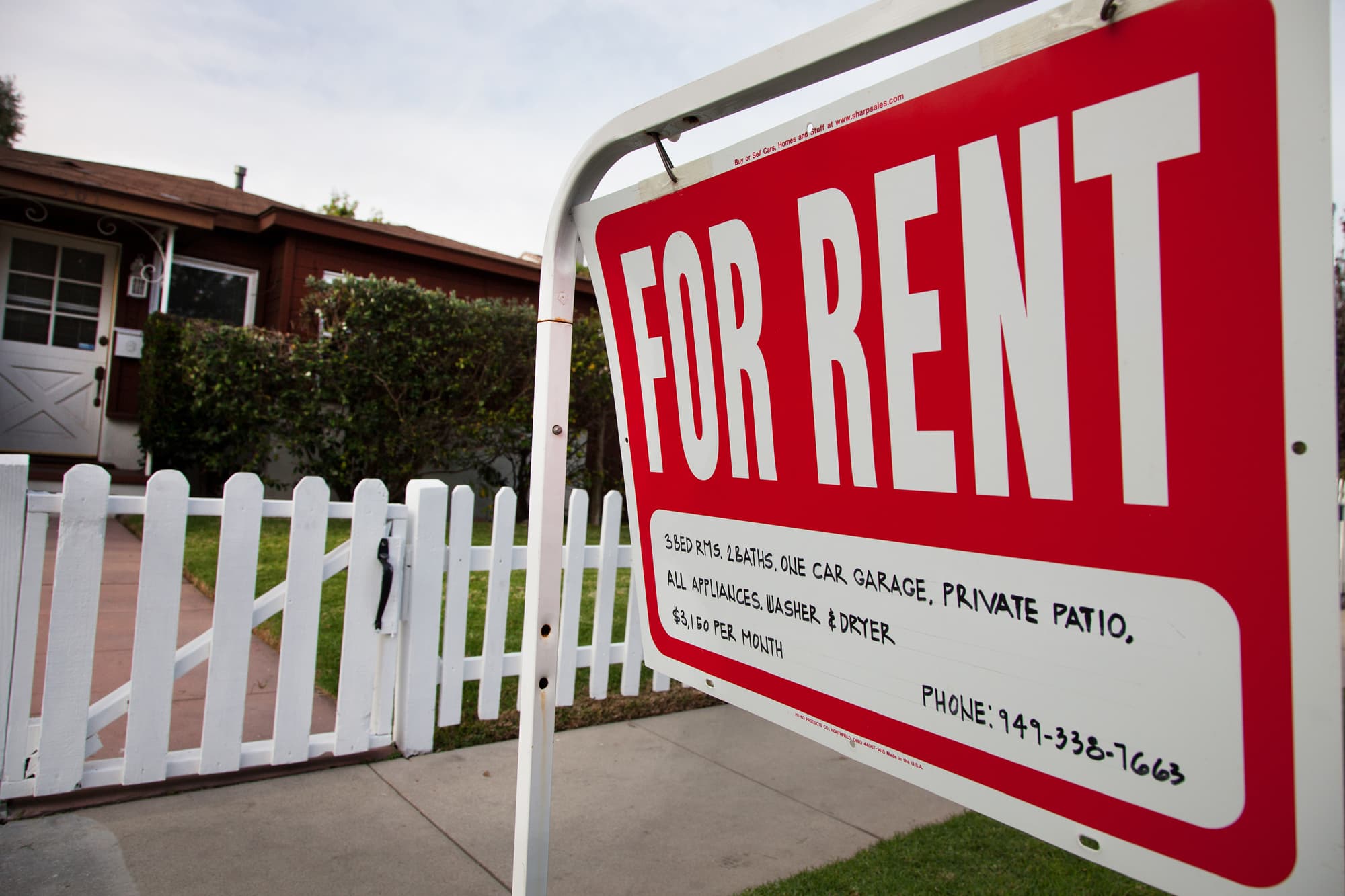

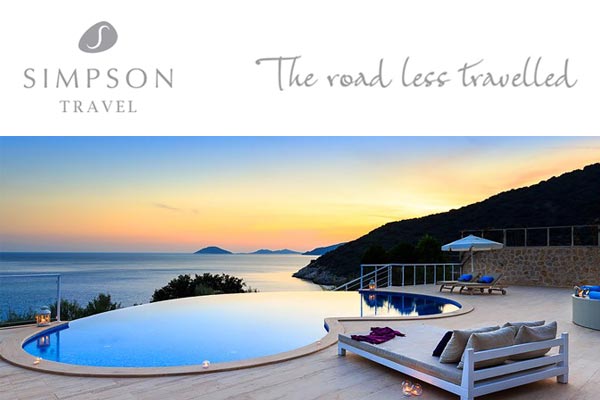


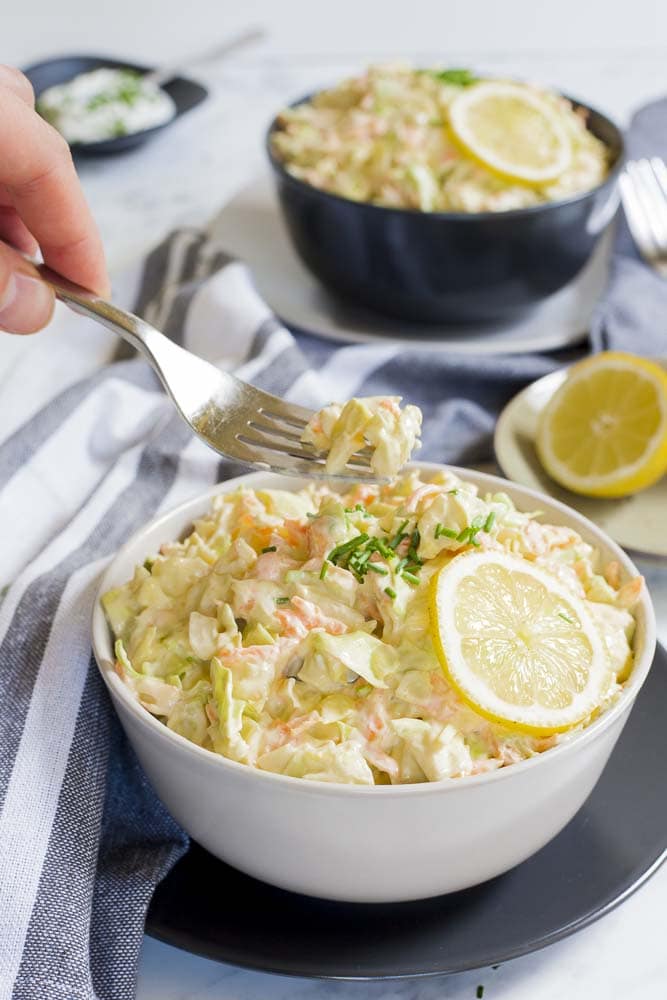
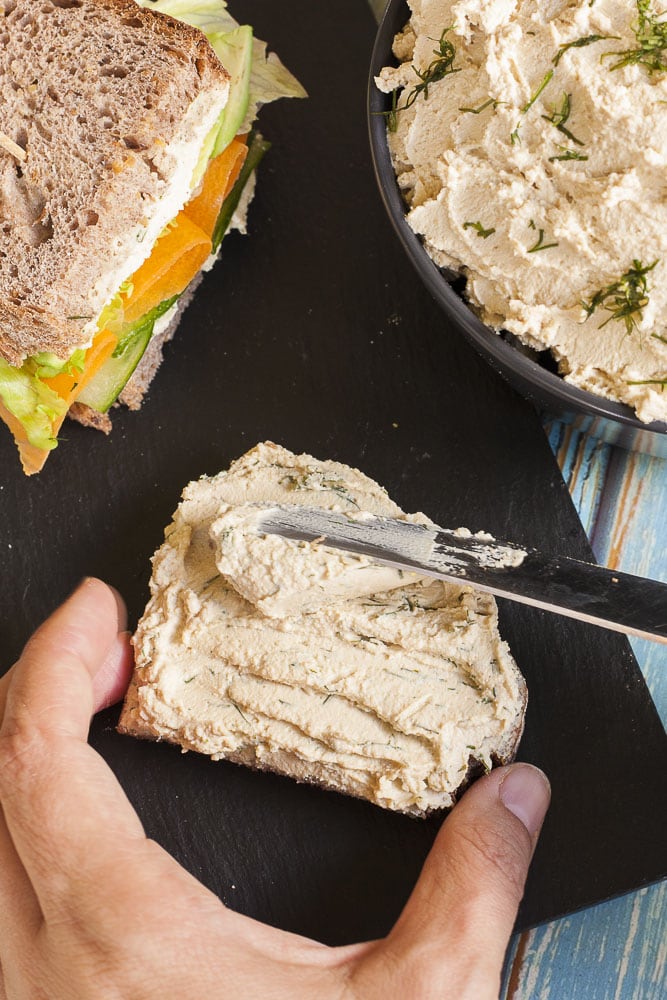









![How AI Use Is Evolving Over Time [Infographic]](https://imgproxy.divecdn.com/YImJiiJ6E8mfDrbZ78ZFcZc03278v7-glxmQt_hx4hI/g:ce/rs:fit:770:435/Z3M6Ly9kaXZlc2l0ZS1zdG9yYWdlL2RpdmVpbWFnZS9ob3dfcGVvcGxlX3VzZV9BSV8xLnBuZw==.webp)
